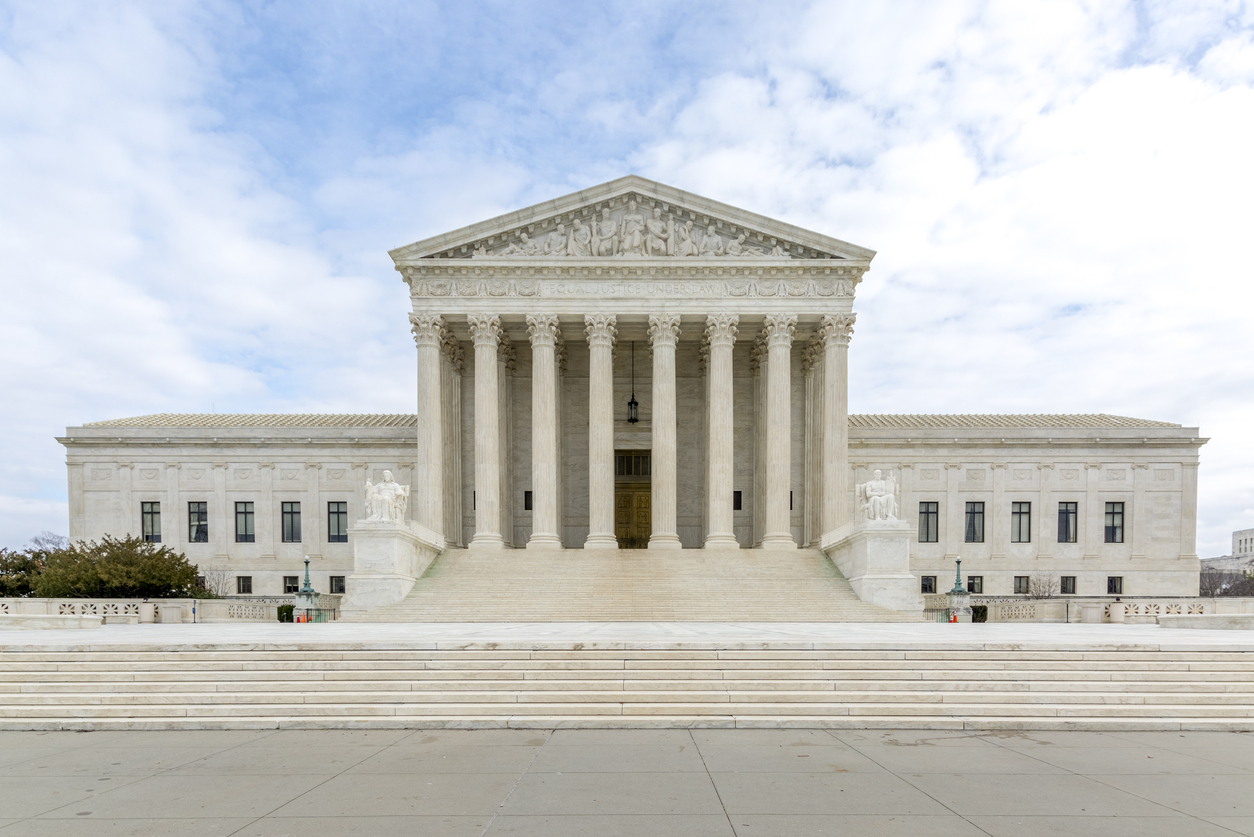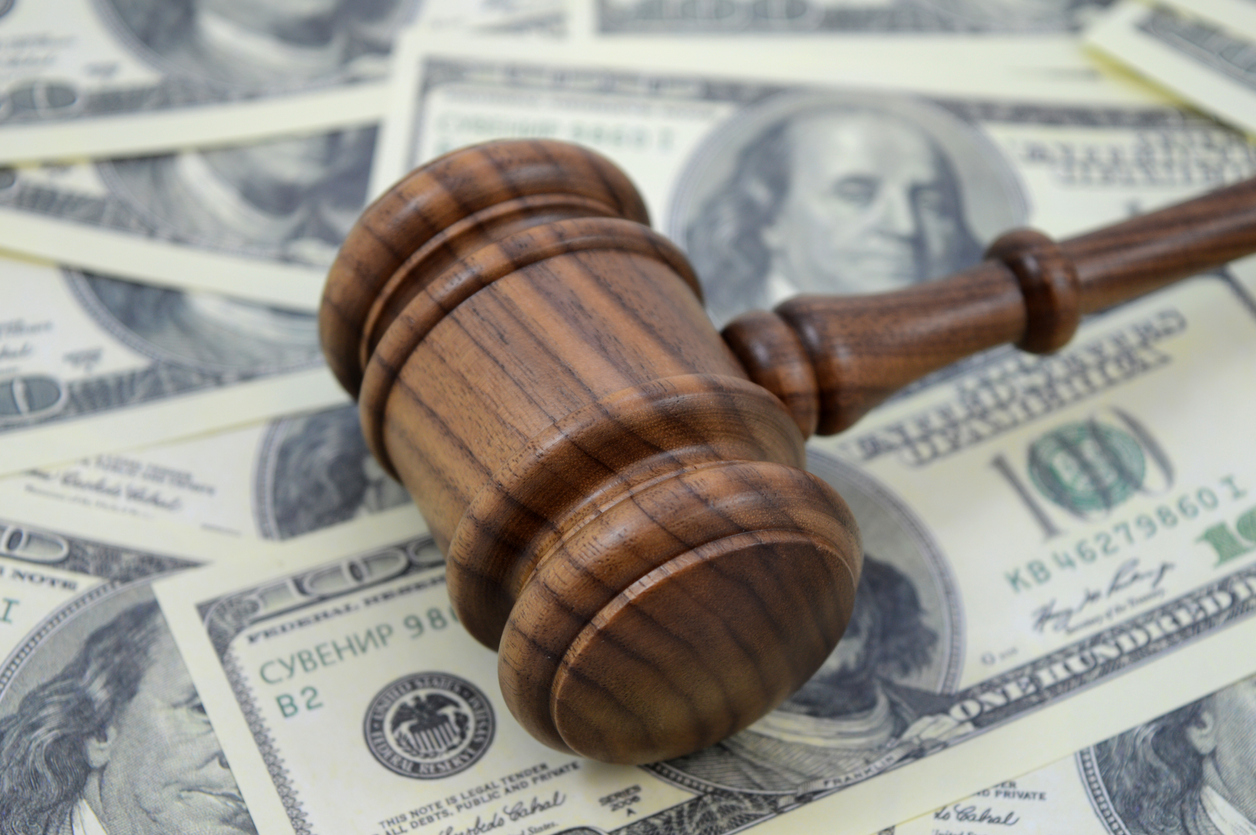
U.S. Supreme Court Chief Justice Roberts requested the Tenth Circuit to review ethics complains about newly-seated Brett Kavanaugh.
The concern over Kavanaugh’s confirmation had a ripple effect across the country and around the world, as thousands took to social media decrying the events from the Senate Judiciary Committee on September 27.
Dr. Christine Blasey Ford became America’s newest, unintentional hero for thousands of sexual assault survivors who sympathized and related to her story.
She accused Kavanaugh of attempted assault from the 1980’s, when he was a freshman at Yale University, but not without an influx of public scrutiny.
Survivors and allies contended the amount of hate Ford would receive was worthy of her courageousness. Protests across the nation but particularly in Washington D.C. were held.
Over the summer, Ford found out Kavanaugh’s name was on a list of 25 other nominations for the Supreme Court. The catalyst for her coming forward was only triggered when it looked like he would become the next Justice.
As he could potentially hold the highest seat of the court in the United States, Ford felt it was her “civic duty” to come forward in letting the public know about her experience.
The first half of the Senate Hearing was a heartfelt and emotional testimony from Dr. Ford, who often apologized when she did not understand a question.
Her demeanor was graceful, even under the immense pressure. However, in the second half of the hearing, an angry and belligerent Kavanaugh changed the landscape.
Despite the accusations from over 30 years ago, the major concern for anyone in the legal field is Kavanaugh’s conduct and whether or not he is fit to be an apolitical member of the Supreme Court.
Many high-ranking officials are deeply concerned with Kavanaugh’s conduct during the hearing, notably Chief Justice Roberts who called for the ethics reports to be reviewed.
In addition, former Supreme Court Justice John Paul Stevens said to retirees in Boca Raton, Fla. that Kavanaugh’s conduct revealed prejudices that would make it impossible for him to act impartially as a judge.
“They suggest that he has demonstrated a potential bias involving enough potential litigants before the court that he would not be able to perform his full responsibilities,” he said.
Furthermore, over 2,400 law professors determined Kavanaugh’s conduct during the hearing “displayed a lack of judicial temperament that would be disqualifying for any court.
Though Kavanaugh backtracked on his behavior both in the hearing and in an article for The Wall Street Journal, his actions were viewable by the entire nation.
Chief Justice Roberts requested Judge Timothy M. Tymkovich, chief circuit judge of the Denver Tenth Circuit, to review the complaints. Tymkovich will have the option of handling or dismissing them himself, or requesting a special committee to examine them.
His behavior was non-judicial in nature, disrespectful towards senators, angry and confrontational. By challenging the integrity of certain members of the Senate, and accusing Ford’s confession as being a partisan hack, many are concerned at his abilities to be both non-partisan and even-keeled in court.
Though Supreme Court justices are not technically supposed to involve themselves in such claims, such claims should be handled in an impartial apolitical manner.





